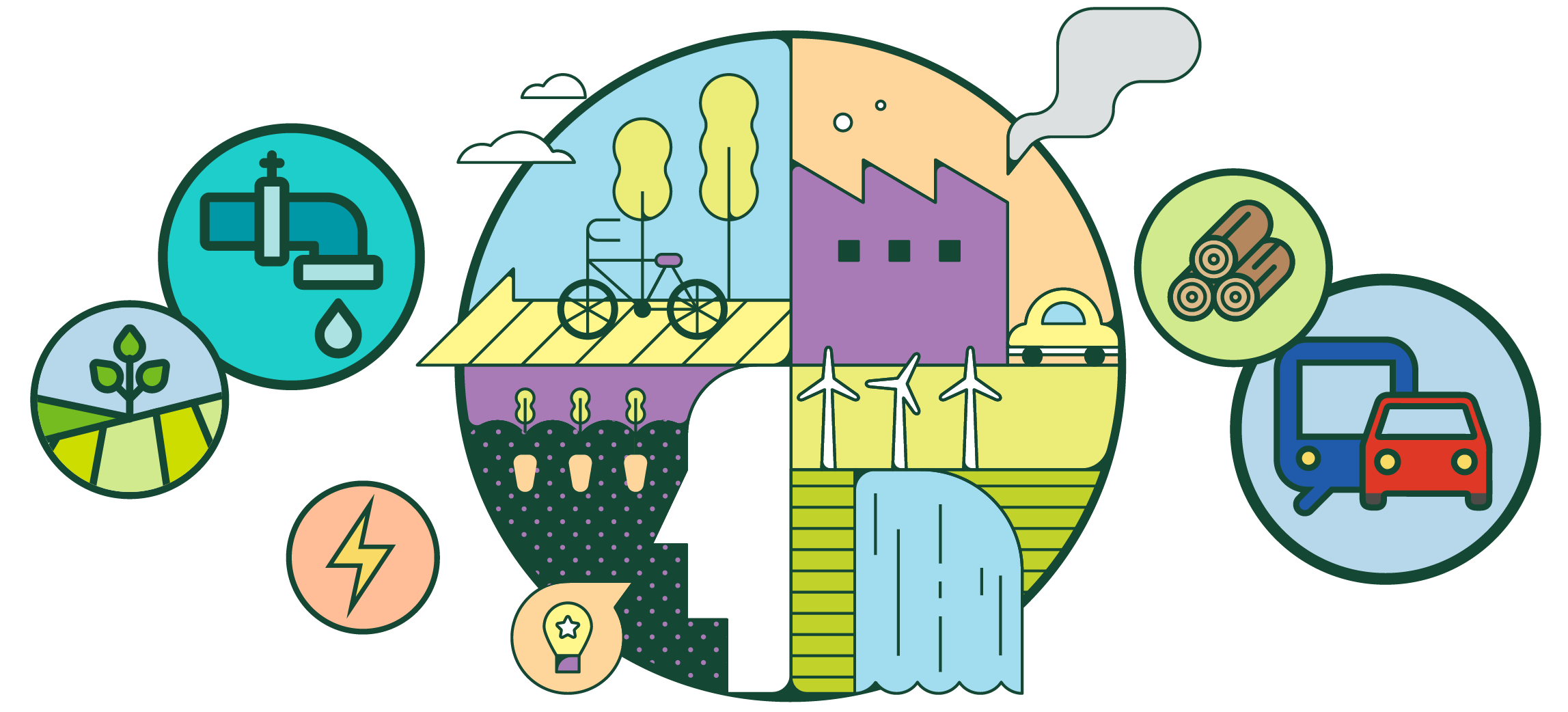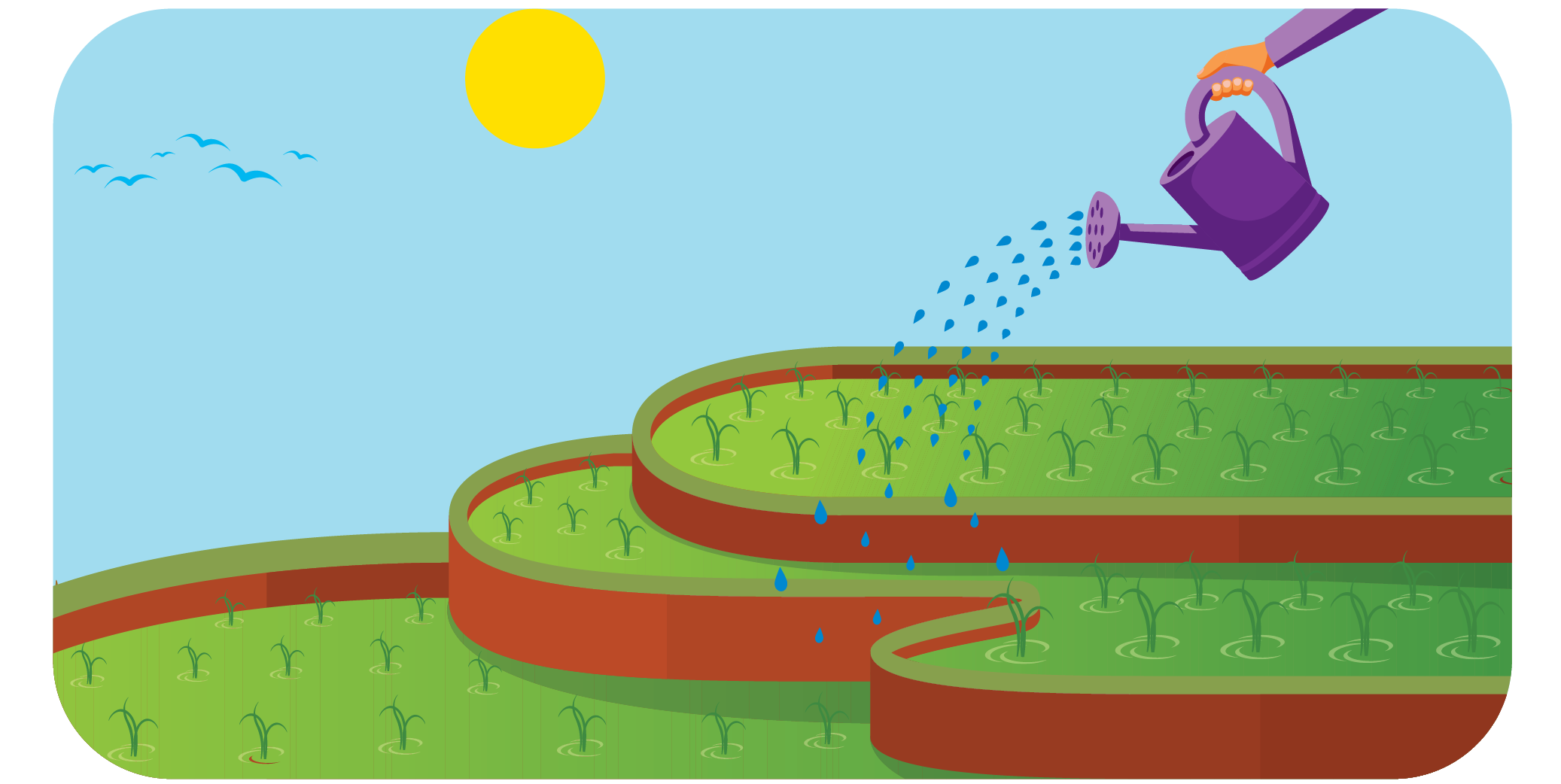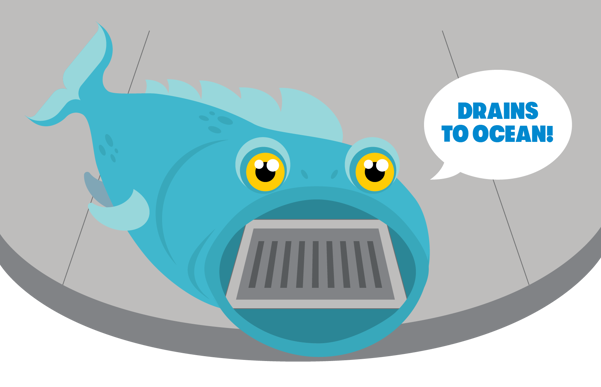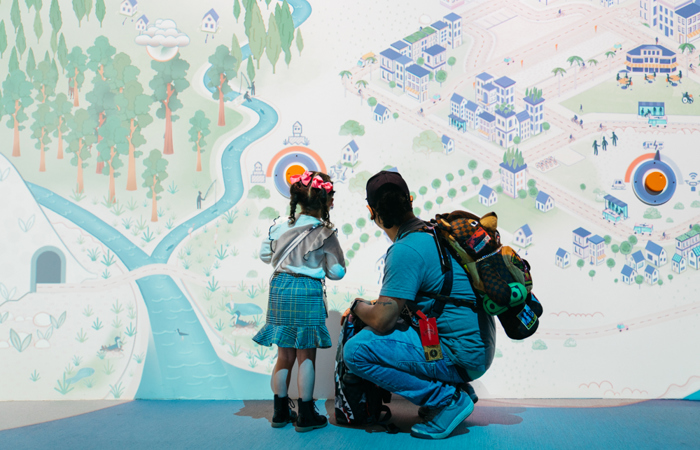Down the Drain Lab
| Grades: 3-8 |
| Duration: 90 minutes |
|
Available Times: 9:30 a.m. and 12:30 p.m. *Start and end times may be flexible. Please speak to the Group Reservations specialist when booking. |
| Concepts/Skills: Gravity, watershed, pollution, cause and effect, importance of water, engineering design process |
Design and construct different types of storm drain grates to keep trash out of the Bay’s watershed from San Jose to the Pacific Ocean. Students discover how water systems function and how to use science and their own ideas to protect Earth’s natural resources.
Lab Guide
Design a robust learning experience by selecting resources from this guide that fit the needs of your students. Reinforce learning before, after and even during your visit by diving deeper into some of the science and engineering concepts.
Lab-Related Activities
![]() Lessons marked with an orange gear icon address engineering within the Next Generation Science Standards.
Lessons marked with an orange gear icon address engineering within the Next Generation Science Standards.

Connecting with Climate
Grades 6-12
Explore how to problem-solve when approaching large-scale, multidimensional issues like climate change. ![]()
Lesson: 90 minutes
Drain or Dispose?
Grades 3-12
Review these tips for what can and cannot go down the drain. Play a quick game: Pick something on the list. Should you drain or dispose?
Activity: 15+ minutes

Irrigation Situation
Grades 3-5
Use the design process to create a hillside garden irrigation system that maximizes water efficiency. ![]()
Lesson: 90 minutes
Unit: 150 minutes

Planet Protectors
Grades 3-12
Students work together to create a Public Service Announcement (PSA) which educates others about protecting our planet. ![]()
Lesson: 120 minutes
New!

Vocabulary Choice Board
Grades K-12
Vocabulary activities to pair with one of our labs or other STEM activities.
Lesson: 20-30 min
Down the Drain Lab
Exhibit Connections
Make connections between learning from the lab and the exhibits and programs found in The Tech Interactive’s galleries. For more exhibit connections, see the Lab Guide above.
 Skip Navigation
Skip Navigation




